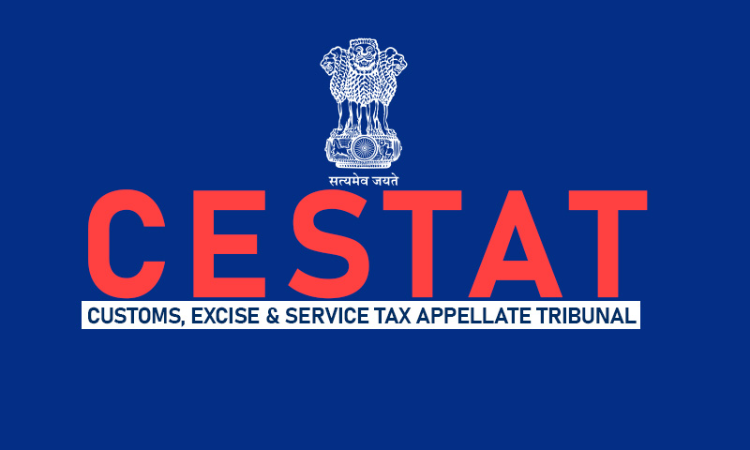The Mumbai Bench of Customs, Excise, and Service Tax Appellate Tribunal (CESTAT) has held that when the goods are allowed to be re-exported, neither the redemption fine nor duty is required to be paid. At the same time, the penalty is also not to be imposed on the importers.The bench of Anil G. Shakkarwar (a technical member) allowed the six appeals and observed that a penalty to the extent...

